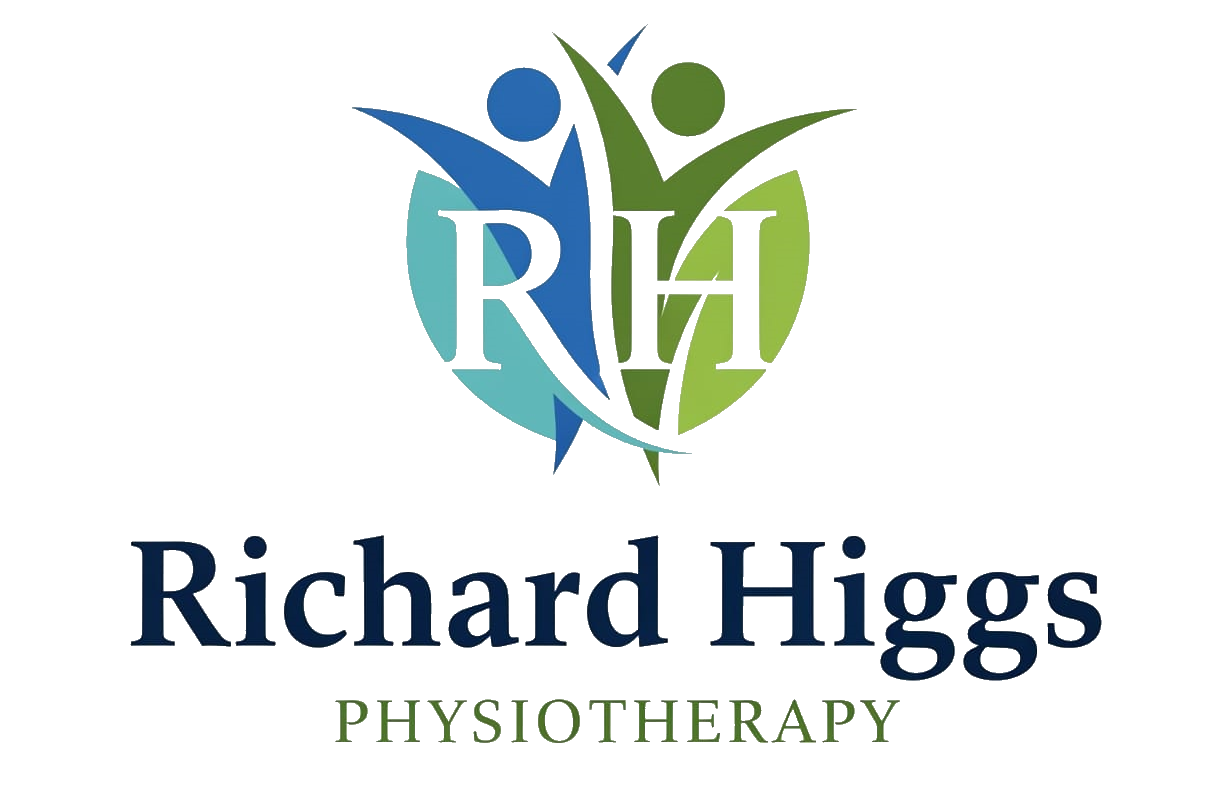Temporomandibular Joint Disorder (TMJ) Physiotherapy
Temporomandibular Joint Disorder (TMJ Disorder) is a term used to refer to disorders of the jaw and their surrounding anatomical structures.
There are two branches to determine what the cause of the disorder is:
– Intra-articular (problems relating to the articular disc inside the jaw that allows for smooth movement)
– Extra-articular (problems relating to the anatomy around the joint, such as stiff and sore muscles impacting movement
Intra-articular problems can include:
– Inflammatory conditions (typically caused by direct trauma)
– Arthritis (such as rheumatoid arthritis)
– Hypermobility (caused by excessive movement of the jaw, typically associated with conditions such as Marfans syndrome, Ehlers-Danlos Syndrome, Benign Hypermobility Disorder, etc)
– Internal derangement (caused by structural changes within the joint, also typically associated with direct trauma)
Extra-articular problems can include:
– Muscle spasms (typically affecting one side of the jaw)
– Temporal tendinopathy (typically a result of bruxism/teeth grinding or clenching due to the excessive repeated contraction of the temporalis muscle)
– Cervical posture disorders (often associated with poor posture or frequent time spent in a stress-related posture)
– Fractures (often associated with a mechanism of direct trauma)
Physiotherapy is suitable for both branches of TMJ disorder, but intra-articular requires further input from other professionals alongside physiotherapy as in some cases surgery or steroid injections may be indicated.
How Physiotherapy Helps
– Reduces local pain around the joint and referred pain to other areas with hands-on techniques
– Improves function to help improve activities of daily living such as eating, speaking, and yawning
– Restores strength to weakened muscles that may be suffering from an imbalance
What to Expect
At Richard Higgs Physiotherapy, a comprehensive assessment of your TMJ pain and function will be undertaken. This may include:
– Hands-on techniques to help release any stiffness and tension in your neck and upper back that may have an impact on your TMJ disorder
– Hands-on treatment to relax the muscles of the TMJ, both on your head and neck and in some cases inside your mouth too
– Strengthening exercises that are targeted to your specific weak areas to help with your long-term management of the condition
FAQs
Q: Can I get a diagnosis of TMJ disorder during my appointment?
A: A physiotherapy appointment is not suitable for getting a diagnosis of TMJ Disorder. Diagnosis should be carried out by a dentist or general practitioner, where further scans can be taken to determine which branch of TMJ your dysfunction lies in.
Q: How long will it take for me to notice a difference with treatment?
A: This depends from person to person, but in a systematic review of treatment options for TMJ disorder, by Paço, et al in 2016, physiotherapy was found to be more effective at reducing patient pain when compared to the other modalities studied.
Citation:
Paço, M., Peleteiro, B., Duarte, J., Pinho, T. (2016) The Effectiveness of Physiotherapy in the Management of Temporomandibular Disorders: A Systematic Review and Meta-analysis. Journal of Oral & Facial Pain and Headache. 30 (3), 210-220.
Why Choose Our Heald Green Physiotherapy Clinic?
Qualified Physiotherapists in South Manchester
Our HCPC and CSP registered physiotherapists provide professional, evidence-based treatment tailored to your specific condition and recovery goals.
Central Heald Green Location
Our physiotherapy clinic is conveniently located on Finney Lane, providing easy access from Heald Green high street and surrounding areas with excellent transport links.
Personalized Treatment Plans
Every physiotherapy session is customized to your individual needs, ensuring the most effective treatment for your specific condition.
Our Heald Green physiotherapy clinic proudly serves patients from Cheadle, Gatley, Stockport, Cheadle Hulme, and surrounding South Manchester areas, providing accessible, high-quality musculoskeletal physiotherapy care in a modern, professional clinic environment.
